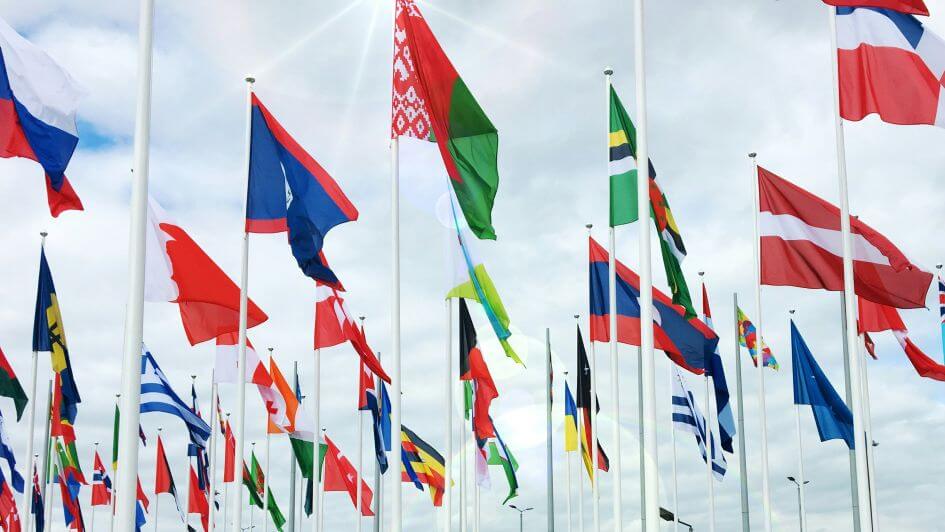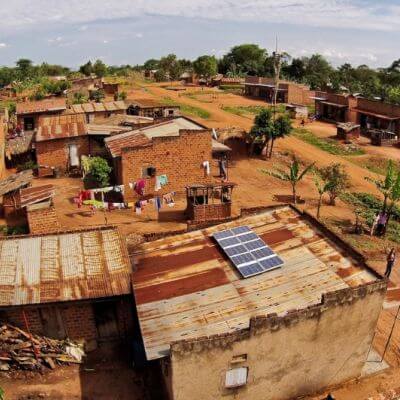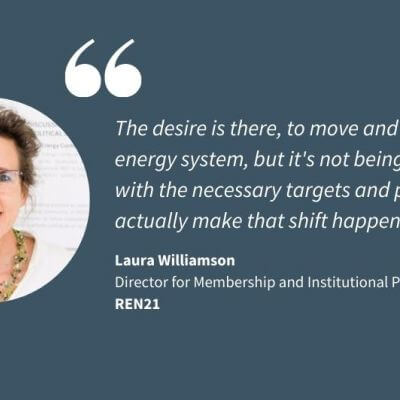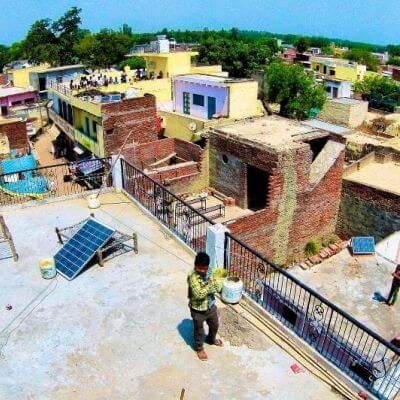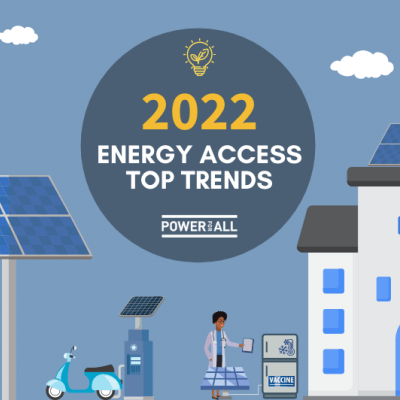Just energy transition requires global collaboration, facing socio-economic, geopolitical challenges, with regional cooperation strengthening but global efforts hindered by protectionist policies and unequal standards.
Technological innovation has always been the wind in the sails of human progress, pushing societies forward and opening up new realms of possibilities. Its transformative role can be seen vividly in the effort to achieve Sustainable Development Goal 7 (SDG 7), which aims to ensure universal access to affordable, reliable, sustainable, and modern energy.
In this episode of the Power for All podcast, our Africa Communication Director, Matuba Mahlatjie talks with Laura Williamson, who is responsible for directing the membership and institutional partnership work at REN21 on their recently launched Renewables 2022 Global Status Report. Laura notes that while there is the ambition and desire for energy transition, it is not being backed by the necessary action and policies to make that shift happen
Living in Madhopur Diara village, across the river Ganga, about 15km from Patna, 12-year-old Soni didn't see a light bulb until she turned eight. For years, she walked through the dusty fog trying to find her way to school.
From a heated African UN COP27 to unlocking of finances for small and medium-sized enterprises, more jobs, and the take-off of electric two-and three-wheelers. These and others are amongst the top trends to watch in 2022 in the clean energy access arena according to our partners. This year, we again reached out to them to share their predictions on what will be hot for the sector in the new year. Their verdict is out. Read on to see what’s in store in what seems a stellar year ahead!
 Platform for Energy Access Knowledge
Platform for Energy Access Knowledge Explore the best energy access idata and thinking with PEAK, our powerful interactive information exchange platform.
